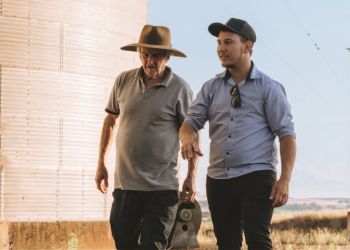NACCHO staff authored the article “Assessment of Arbovirus Surveillance 13 Years after Introduction of West Nile Virus, United States,” appearing in the July 2015 issue of Emerging Infectious Diseases. Authors examine how before 1999, the United States had no appropriated funding for arboviral surveillance, and many states conducted no such surveillance. After emergence of West Nile virus (WNV), federal funding was distributed to state and selected local health departments to build WNV surveillance systems.
The Council of State and Territorial Epidemiologists conducted assessments of surveillance capacity of resulting systems in 2004 and in 2012; the assessment in 2012 was conducted after a 61% decrease in federal funding. Results showed that in 2004, nearly all states and assessed local health departments had well-developed animal, mosquito, and human surveillance systems to monitor WNV activity and anticipate outbreaks. By 2012, many health departments had decreased mosquito surveillance and laboratory testing capacity and had no systematic disease-based surveillance for other arboviruses. Arboviral surveillance in many states might no longer be sufficient to rapidly detect and provide information needed to fully respond to WNV outbreaks and other arboviral threats such as dengue and chikungunya.








